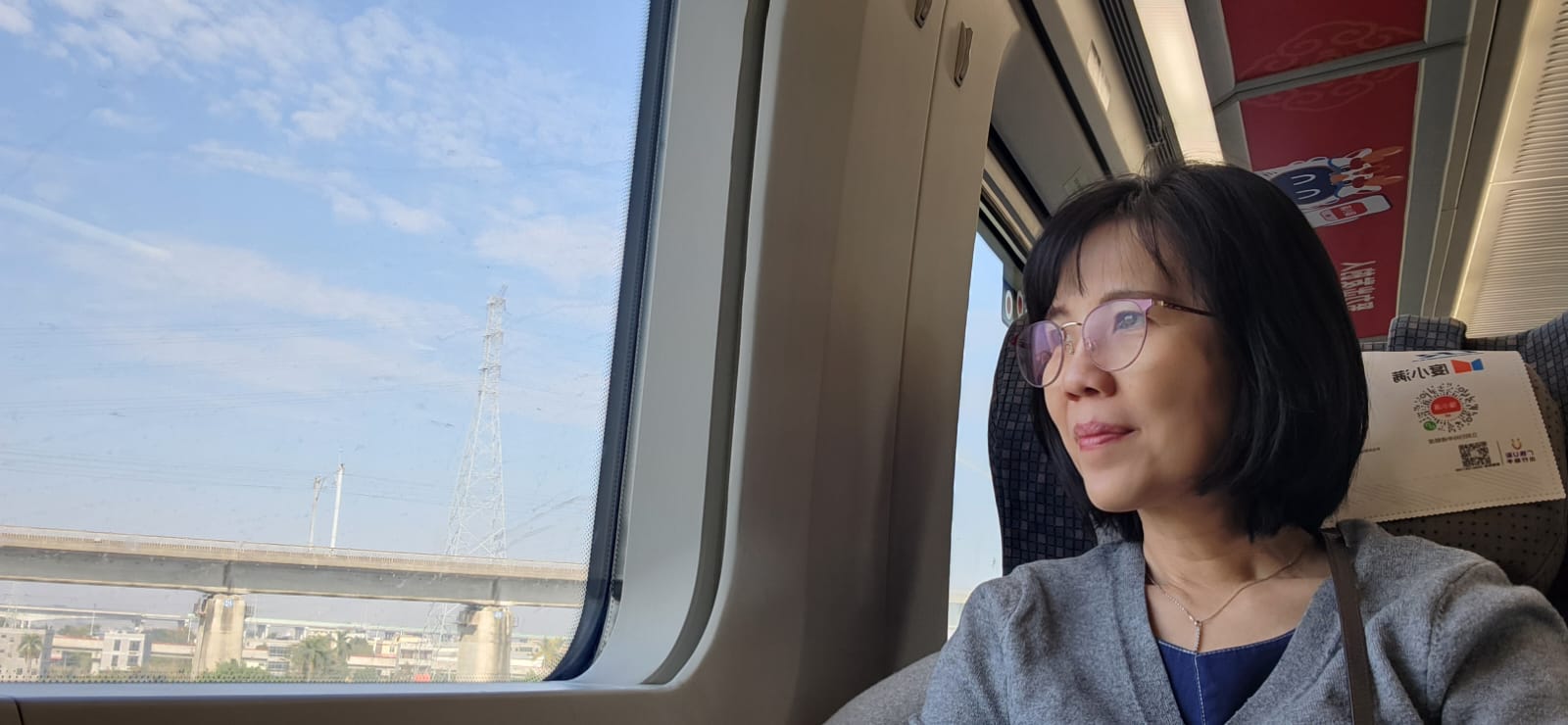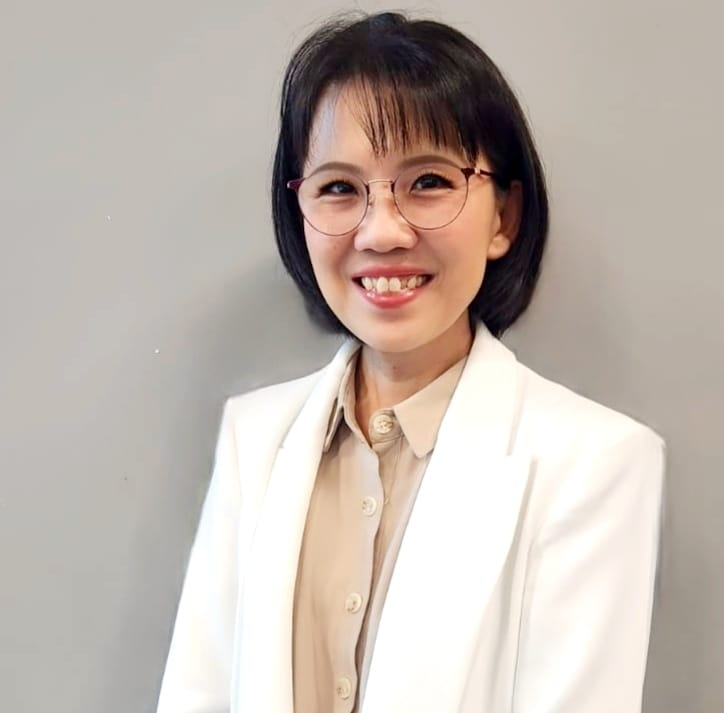
Event
An Educator's Journey of Discovery
An Educator's Journey of Discovery
Description
Teaching adults is a whole different ball game from teaching young learners, who are mostly in the same chapter of life, still learning about the world and highly malleable. Adults carrying a diversity of real-world experiences, on the other hand, have unique learning needs. This is what makes adult education challenging and exciting at the same time — the ability to impact learning to such a diverse group of learners and make real changes in the workplace. In this interview, let’s hear from an educator experienced throughout the education spectrum from pre-schoolers to adult learners. Betsy Ng, founder of InnoBest-TAMI
Betsy Ng, founder of InnoBest-TAMI Veteran educator Betsy Ng is a familiar face in the education industry, having spent 25 years in various roles from teaching and curriculum development to quality assessment at the Ministry of Education. Today, Ms Ng runs her own training practice, InnoBest-TAMI, focusing on nurturing core soft skills and competencies among students and working adults. She is also an associate lecturer at the National Institute of Education (International).
It's interesting to note that you’ve spent much of your career in mainstream education before pivoting to adult education. Could you tell us what motivated that switch?
Being part of the system, I could see there was so much more we could do to support students and educators. This has been evident in my work as a quality assessor for preschools, where I witnessed how school leaders benefitted from competency development to achieve further excellence. However, I wanted to have more quality time with my teenage daughters. Starting my own practice in adult education allowed me to have a stronger work-life balance and continue to contribute to the education sector through another way: by helping adult learners gain skills and competencies at workplaces to improve their processes.
How has the journey been so far?
When I started, I had the mindset that I knew everything there was to know given my years in education. Then I realised that I had to think from the perspective of adult learners, which is very different from that of children. Workplace learning, assessment, and coaching are very new to me. Different industries have different contexts and I will need to adapt my approach and delivery to suit these contexts. Also, the backgrounds of learners are so broad and diverse. It is hard to have one curriculum that is effective for a whole spectrum of learners. Planning effective lessons takes a lot of time and effort!
What do you enjoy most about your work?
I realised a lot of learners do not really know what they do not know. I ask my learners two very simple questions – “Do you know why you are taking this course?” and “How will it (the course) help you progress at work?” Surprisingly, many of them could not give me an answer. This shows that there is a lack of learning needs analysis for these learners and many of them are simply coming to class because they are asked to.
So, I see myself as a solution provider. The training courses I provide are just the start to create awareness in learners about the competencies they need. After the courses, coaching is needed to bring learning back to the workplace, so that they can put knowledge into practice.
There are over 30 skills frameworks developed by SkillsFuture Singapore to support industry transformation, with each industry having its specific job roles and competencies. I try to help organisations understand the frameworks for their industries, identify learning gaps, and close them.
I find it very meaningful to create real impact at workplaces!
Share with us your secret to engaging and motivating adult learners.
My guiding principle is the “self-determination theory”. Basically, the core idea revolves around competency, relatedness, and autonomy. “Competency” refers to the skills and knowledge a worker has. If the worker can see their competency gaps, it will motivate them to want to learn more.
“Relatedness” happens when workers can see a reason, a need for their learning, for example, “Once I’ve learnt this, I can get a promotion,” or, “I can do my job better in certain aspects.” Then comes “autonomy”. This refers to workers being empowered to do what they are supposed to at the workplace — the ability to apply their new learning and change the way of carrying out their jobs. These three must come together so that learning has real impact and employees are motivated to learn.
I always tell my learners: you need to know what you do not know. Find out where your gaps are. Do not stop there even if you are at the age of 63. There are still more things to learn.
